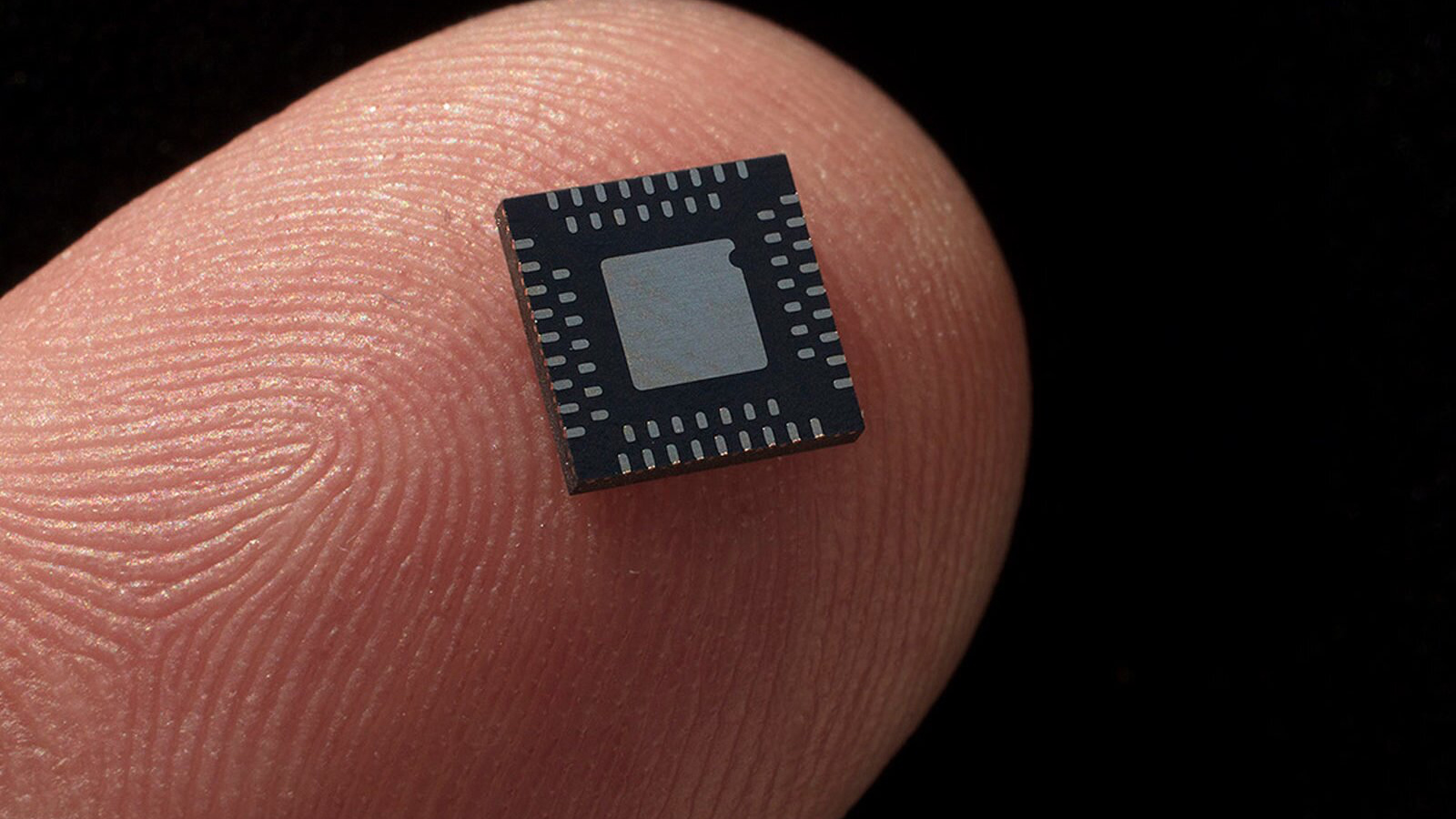
A growing trend towards in-house chips is emerging across the industry, particularly surrounding Chinese manufacturers, evidenced by Huawei's Kirin X90, Xiaomi's rumored XRing, and now, apparently, Lenovo is in the mix as well. As noted by chunvn8888 at X (formerly Twitter), Lenovo's upcoming Yoga Pad Pro was seen featuring a custom SoC (System on Chip) codenamed "SS1101", which likely uses Arm's off-the-shelf Cortex designs. This was further confirmed and analyzed in detail by leaker Digital Chat Station, though some technical details remain in the dark.
With limited global coverage and availability, Lenovo's Yoga Pad Pro series is likely reserved for the Chinese market, serving as 2-in-1 hybrid devices that can be configured as either a laptop or a tablet. The previous iteration, which launched last December, was powered by Qualcomm's Snapdragon 8 Gen 3 chipset. Since Lenovo is predominantly a PC/Laptop-first company, their decision to invest in a custom chip for a relatively smaller market is somewhat intriguing.
The SoC in question features a decacore (2+2+3+3) layout based on the Arm64-v8a ISA, though the precise CPU core architectures and configuration details have not been specified. The fastest cluster is specified to hit 3.29 GHz, complemented by a trio of cores at 2.83 GHz, another pair at 1.9 GHz, and the remaining at 1.71 GHz.
Lenovo has its own self-developed chip! Available in Lenovo Yoga Pad Pro 14.5Processor name: SS11012+2+3+3 10core3.29GhzMali G720 pic.twitter.com/QINNEBkFFpMay 9, 2025
Digital Chat Station alleges the SoC uses an Arm Immortalis G720 GPU, also found in MediaTek's Dimensity 9300 and 8400 SoCs. Fabrication-wise, another leaker, Olrak, alludes to a 5nm process from TSMC instead of SMIC or Samsung.
Chinese manufacturers are actively pushing out indigenous chip solutions, aligning with the nation's objective to reduce reliance on Western technology. A significant impediment to China's progress lies in semiconductor manufacturing, where SMIC has been limited to 7nm-technology for several years. Surprisingly, the US ban hammer hasn't struck down Lenovo or Xiaomi, for that matter, so these entities can actively procure leading-edge chips from TSMC, at least for the time being.
Since Lenovo has not detailed the specifics of this SoC, we will have to wait until independent reviews of the tablet or the official datasheet, whichever comes first.
Follow Tom's Hardware on Google News to get our up-to-date news, analysis, and reviews in your feeds. Make sure to click the Follow button.







